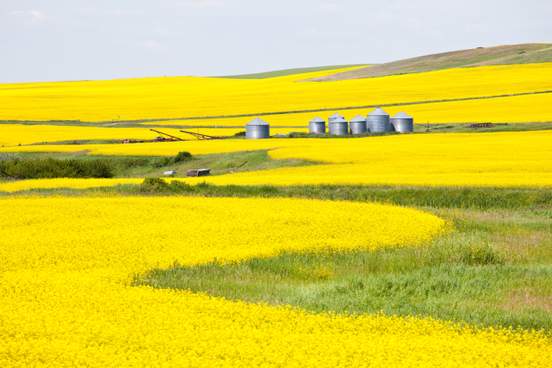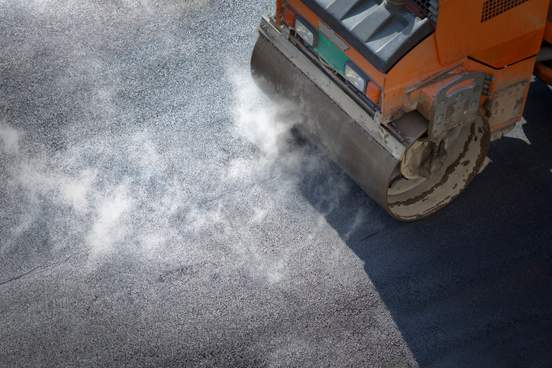
Zipper
noun : a fastener consisting of two rows of metal or plastic teeth on strips of tape and a sliding piece that closes an opening by drawing the teeth together
That’s right: the zestily evocative word zipper—as we use it now—dates to 1926. Coined by Bertram G. Work, president of B. F. Goodrich Company (of tire fame), and used as a trademark for a slide fastener on a Goodrich-produced overshoe in 1923, generic use of the term dates to just three years after the word’s introduction. Zippers themselves actually predate the facts of the tale we’ve told thus far, though: what is now considered the first modern zipper is credited to one Gideon Sundback, who received a patent for it in 1917. The idea of a slide fastener was presented at the 1893 World’s Columbian Exposition in Chicago by Whitcomb L. Judson.
The other day, as I was standing in the street, a stranger came up to me, tapped me on the shoulder and pointing to my French shoes said, “Citizen, where did you get those shoes?” I replied that I had got them in France. He nodded his head and kept on looking me up and down. Suddenly his eye lit on my flannel shirt with the zipper down the front and he became puzzled again. “Citizen, where did you get that shirt?” “I bought that shirt in America.” This staggered him and he walked away.
— David Kinkeade and Robin Kinkeade, The New Republic, December 31, 1930

Canola
noun : a rapeseed oil produced from an improved variety of rapeseed that is low in erucic acid
Rapeseed oil has long been used in industry as a lubricant for engines and other machine parts, but, because of its high level of potentially harmful erucic acid, it was not considered safe for human consumption (though it was sometimes added to animal feed). It was not until the 1970s, when Canadian scientists developed a hybrid that contained a very low level of erucic acid, that experimentation began to place rapeseed oil among the vegetable oils available for use in cooking. Because of the unfortunate association of the element rape, which comes from the Latin word for “turnip,” with the criminal act, whose name comes from an unrelated Latin term meaning “to seize,” the company developing the hybrid brought it to market in 1979 under the name Canola, an acronym for Canadian oil, low acid. Outside of North America, however, it is usually sold as colza oil, which derives from the Dutch word for cabbage seed, or as rapeseed oil. Widely licensed for manufacture, canola oil—its name now usually lowercase—is used as a cooking oil, valued for its neutral flavor.
Overnight temperatures late last week dropped to minus six degrees Celsius along the Manitoba-Saskatchewan border. Rapeseed, or canola, crops were hit particularly hard. Supplies of the grain, much of it exported to Japan, were already tight and the industry was looking for a rich crop to replenish storage bins.
— Warren Caragata, United Press International, 1 Sep. 1982

Escalator
noun: a power-driven set of stairs arranged like an endless belt that ascend or descend continuously
The word escalator, which originated as a trademarked term for the Otis Elevator Company's moving staircase.
The public first encountered the word escalator—but with a capital, Escalator—when the technology was demonstrated at the Paris Exposition in 1900.
Oddly, although mechanical escalators go up and down, the verb escalate—which first appeared in print in 1944—refers only to things rising (both literally and figuratively). Because Otis did little to protect its rights to the mark, a 1950 court ruling moved escalator into the public domain.
In Kaufmann Baer’s, the air is not fetid. In Kaufmann Baer’s, the voices are as cultured as it is possible for department store voices to be. The store has 17 display windows on two main thoroughfares, 19 elevators, a complete escalator system running up and down from the street to the seventh floor.
— Time Magazine, 14 Dec. 1925

Vuvuzela
Okay, so the evidence points to vuvuzela not arising from a trademark, but it’s still an interesting story. In 2010, when South Africa hosted the World Cup, vuvuzela seemed to be on everyone’s lips, and it was reported to be a trademarked term for the plastic horn. However, according to Point, the newsletter of the South African intellectual property firm Spoor & Fisher, while a number of individuals applied to the South African Registrar of Trade Marks beginning in 2003 for the legal rights to vuvuzela, apparently none of these applications were accepted. The history of the word prior to the trademark claims is obscure. According to press reports from 2010, a fan of the Kaizer Chiefs football club of Johannesburg, Freddie Maake, claimed to have invented the horn and publicized it in a 1999 ten-track album called “Vuvuzela Cellular.” But “Vuvuzela” was earlier (1995) the name of a popular song by the musician Arthur Mafokate, a pioneer of kwaito (a South African dance music genre); it is not clear if there is a more precise link between the song or its lyrics and the horn. The hypothesis that the word has been borrowed from Zulu has not been substantiated. Words similar in form, such as vumvuzela, a form of vumvuza (“to scatter or sprinkle”) have no evident semantic relation.

Auto-Tune
verb: to adjust or alter (a recording) with Auto-Tune software especially to correct sung notes that are out of tune
For as long as there has been recorded music, there have been techniques and technologies to alter the sounds of instruments and interests for the interest or benefit of the listener. One such technology, the proprietary software Auto-Tune, arrived on the scene in 1997, allowing artists and recording engineers to adjust vocal pitch, among other things. Originally intended to help correct out-of-tune singing, people soon began using Auto-Tune for creative effect as well. And while the noun Auto-Tune remains trademarked, auto-tune (sometimes capitalized Auto-Tune) is also used broadly as a verb, and thus covered in our pages.
Lo-fi producer Steve Albini uses nothing digital or auto-tuned, and the [Breeders’] songs have a first-take feel. The overall sound is as if “The Basement Tapes” by Bob Dylan and The Band had been done by Tom Waits … backed by Television, poorly amped, in a Buddhist rectory. That’s a compliment.
— A. D. Amorosi, The Richmond (Virginia) Times-Dispatch, 6 June 2002

Hoover
verb: to suck up with or as if with a vacuum cleaner
Imagine having a company so synonymous with sucking (literally, not figuratively) that the brand name is adopted as a verb for the very household task its products perform—that must not suck! Such is the case of the Hoover Company, whose vacuum cleaners have so dominated their industry since 1930 that hoover, as covered in our unabridged dictionary, is widely used in the United Kingdom and Ireland as a verb for cleaning the carpets, and elsewhere as a verb suggesting rapid, vacuum-like intake, as in “since its debut, her new app is hoovering up dollars.”
Over the summer there was a popular smash burger pop-up called The Heyday at the Hilton which has since become permanent (I hoovered a killer double burger on a sweltering 110-degree day and it was still worth it).
— Max Berlinger, The Strategist, 13 Dec. 2021

Podcast
noun : a program (as of music or talk) made available in digital format for automatic download over the Internet
Although Apple discontinued its iPod product line in 2022, pod lives on in podcast, a word that made its first appearance in the iPod’s heyday of 2004 as a portmanteau of pod and broadcast. Nowadays, you can listen to podcasts on all sorts of devices, in case you didn’t know!
Have you ever downloaded a podcast? No: 66% Yes: 22% What’s a podcast?: 12%
— “The Survey of the American Man,” Esquire, July 2006

Tarmac
noun: a tarmacadam road, apron, or runway
You may be surprised to learn—unfamiliar as most of us are with the granular (ahem) details of road construction and history—that Tarmac is a proprietary trademark for a specific bituminous binder used to build our highways and even our byways. But now that you’re the wiser, let’s not pave over the history. Macadam is a form of pavement devised by Scottish inventor John Loudon McAdam in the 18th century. McAdam’s road cross section was composed of a compacted subgrade of crushed granite or greenstone designed to support the load, covered by a surface of light stone to absorb wear and tear and shed water to the drainage ditches. When a tar binder was sprayed or poured over the macadam, as started to occur in the late 19th century, the pavement was called tarmacadam—a word which was shortened to Tarmac for a specific company’s binder. Tarmac is now also used as a general term for roads and especially runways consisting of tarmacadam.
The weather was poor, and a day or two passed before we cared to start on such a long trip. It was gray and raining when we finally stood on the tarmac watching the pilot warm up the engine.
— Francis Vivian Drake, The Atlantic, March 1931





